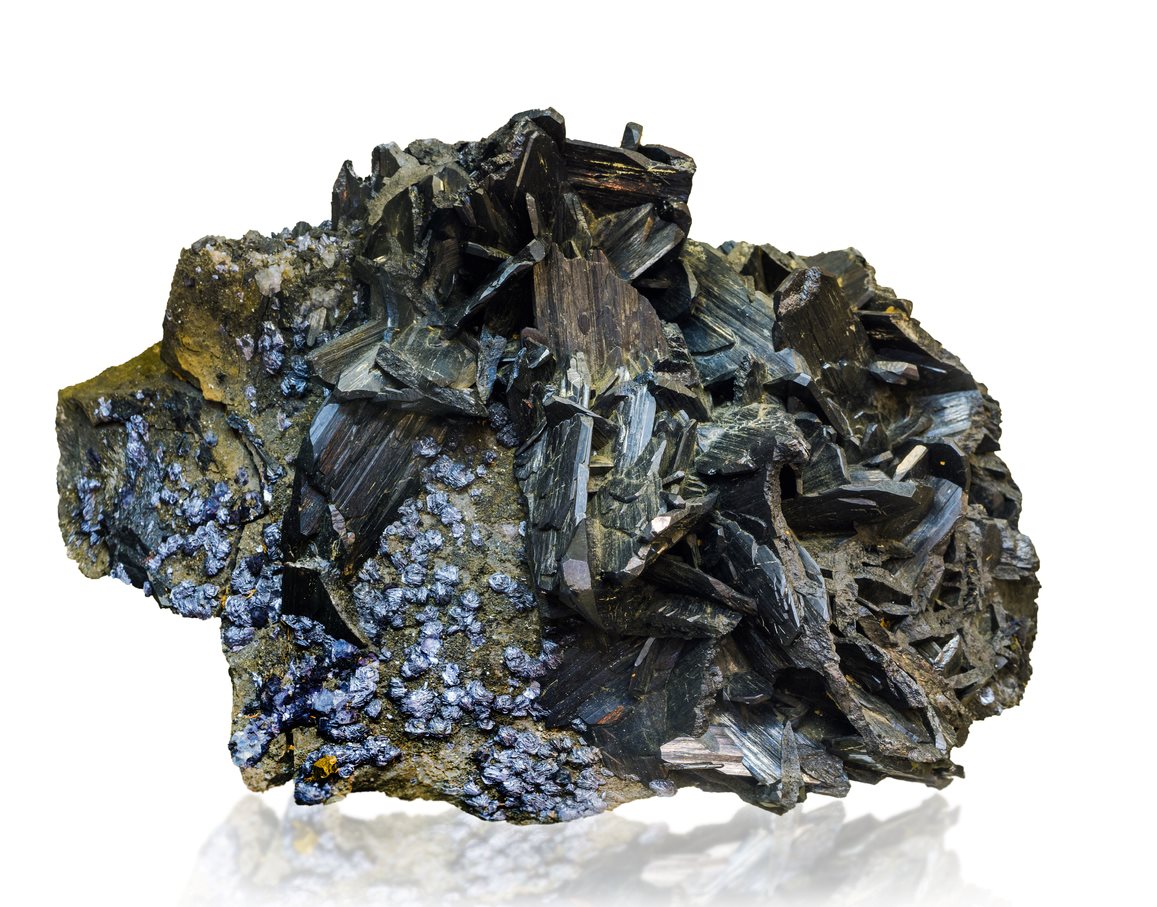Since August, Chinese companies must obtain permits when exporting gallium or germanium. Both technology metals are essential raw materials for various applications, from computer chips to solar panels. In October, similar measures were announced for the battery material graphite. In this field, China also has extraordinarily strong market power, and developments are therefore closely monitored abroad. This will likely also apply to today’s announcement, as it affects tungsten, silver, and antimony. Companies that export these raw materials must now have a credit line of just under 30 million US dollars and must submit a balance sheet on exports over the past two years, according to the news agency Reuters. The regulations are reminiscent of the requirements for rare earths announced last week. In the future, exporters will have to provide a whole range of information, such as the date of the purchase contract and shipping and arrival data. In both cases, the government will likely want more control over critical raw materials. According to figures from the US Geological Survey, China has a very high share of global production of both tungsten and antimony (PDF). Both transition metals are used to produce alloys.
Photo: iStock/rep0rter


